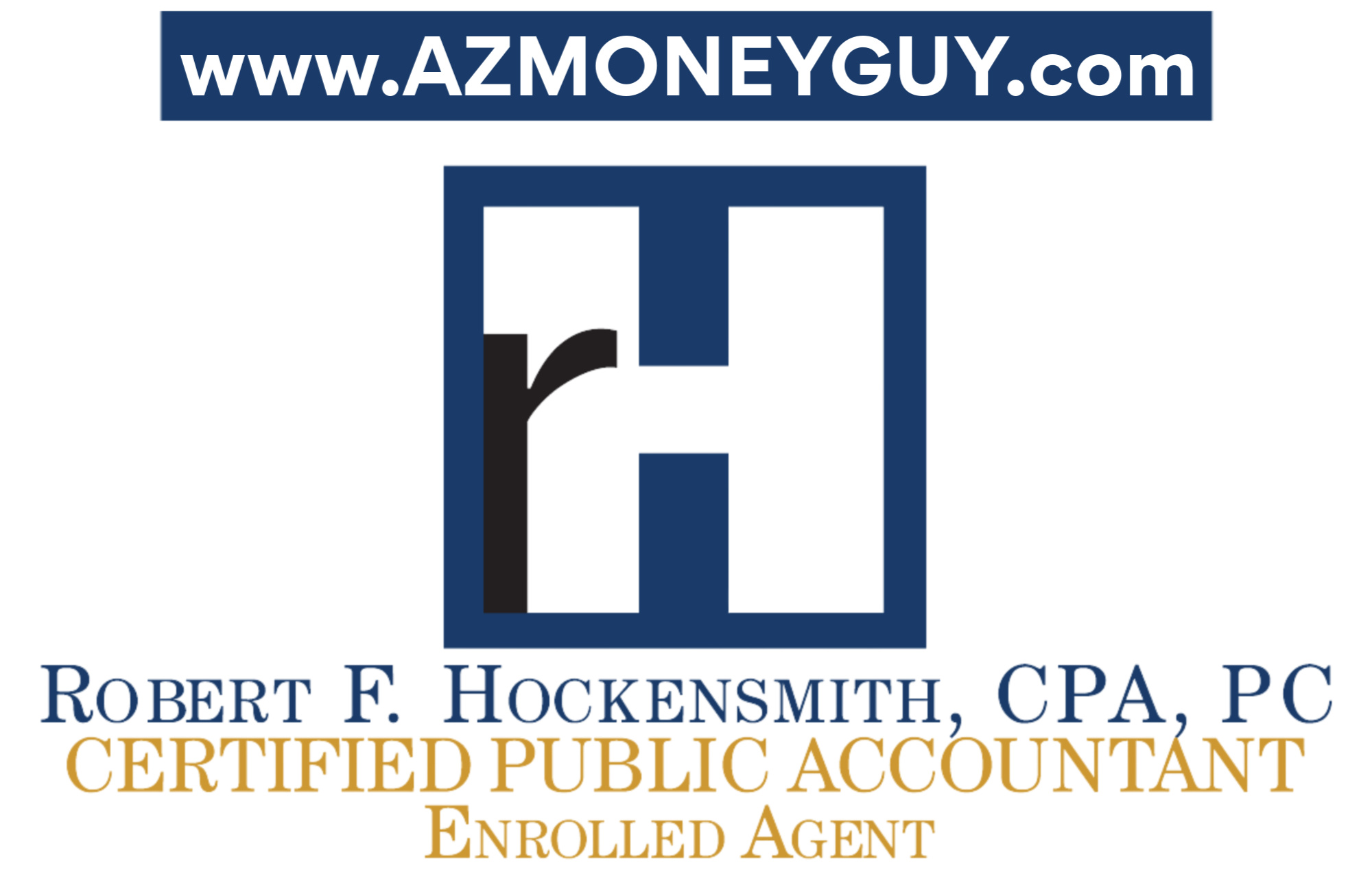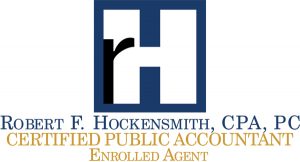Learn how to pass on more of your wealth to your heirs and pay less to the government before it's too late! Click here...
Address & Map
(602) 264 - 9331
CLIENT PORTAL
Address & Map
(602) 264-9331

Tax Tips for the Homeowner and Vacation Home Rentals
Who isn’t excited about a new home? Whether you are a first-time homeowner like Julie and Sandra or an experienced homeowner, the fun of buying a new home remains unparalleled. And what better news than to learn that buying a home also brings along with it some tax advantages.
This week we’ll discuss some tax tips for the homeowner. If you’re a first time homeowner or if you haven’t owned a home in the past two years, maybe buying a house, taking out a mortgage, and moving are at the forefront of your mind. If you have owned a home for more than a year, you already know the tax benefits of owning a home. Here are some of the different types of deductions available on your federal tax return because you own a home:
Mortgage Interest – mortgage owed cannot exceed the value of the home. If so, then the excess mortgage is considered Investment Interest, rather than Mortgage Interest. And both mortgage and investment interest deductions are only available up to certain dollar limits. The Tax Cut & Jobs Act (TCJA) rules state, “Mortgage Interest, Home Equity Lines of Credit (HELOC) and second mortgages are only deductible, if the debt is acquisition debt”. This means you CAN’T use a mortgage to buy a car, pay off credit cards or for any other reason, and deduct the mortgage interest. You can only take out a mortgage to buy the home or add to the home and deduct the mortgage interest. So, if you have a mortgage, HELOC, second mortgage or other type of real estate secured loan, be sure you can prove what the money was used for, when you took out the loan! Mortgage interest is limited to $750,000 mortgage debt.
Prepaid mortgage interest – on original purchase and any refinance of property depending on date of the month you close. Points or Origination Fees – deductible for points paid up front or at closing, either by you or the seller.
Real Estate Taxes – current or prepaid real estate taxes are deductible, up to certain limits.
Mortgage Insurance Premiums – sometimes these are known as MIP or PMI. (Extended thru 2020)
Cancellation of Mortgage Debt – This is still available for Qualified Mortgage indebtedness up to $2,000,000 of relief. If you are forgiven mortgage debt for your personal residence, you report the debt relief, but you pay NO taxes on this relief. Certain exceptions apply,
Capital Gains Exclusion – on profits of sale of personal residence up to $250,000 for single and $500,000 for married couple, but you must live in the home two (2) of five (5) years, with a few exceptions for military service, change in employment, medical reasons, or other unforeseen circumstances.
Vacation Home Rentals
If you rent a home to others, you usually must report the rental income on your tax return. But you may not have to report the income if the rental period is short, and you also use the property as your home. In most cases, you can deduct the costs of renting your property. However, your deduction may be limited, if you also use the property as your home.
Following is some basic tax information that you should know if you rent out a vacation home:
Vacation Home Defined
A vacation home can be a house, apartment, condominium, mobile home, boat or similar property.
Schedule E
You usually report rental income and rental expenses on Schedule E, Supplemental Income and Loss.
Used as a Home
If the property is “used as a home,” your rental expense deduction is limited. This means your deduction for rental expenses can’t be more than the rent you received. For more about these rules, see Publication 527, Residential Rental Property (Including Rental of Vacation Homes), or speak with a tax professional.
Divide Expenses
If you personally use your rental property and rent it to others, special rules apply. You must divide your expenses between the rental use and the personal use. To figure how to divide your costs, you must compare the number of days for each type of use with the total days of use.
Personal Use
Personal use may include use by your family. It may also include use by any other property owners or their family. Use by any of these immediate family members, who pays less than a fair market rental price is also personal use.
Schedule A
Report deductible expenses for personal use on Schedule A, Itemized Deductions. These may include costs such as mortgage interest, property taxes and casualty losses.
Rented Less than 15 Days
If the property is “used as a home” and you rent it out fewer than 15 days per year, you do not have to report the rental income. It’s TAX FREE, no matter how much you receive!
Also remember to keep receipts, settlement statements, and any other purchase documents, when buying, improving, or refinancing a home, for as long as you own the home, plus seven (7) years. The expenses, or costs, prove your basis (what you paid) for the property. This will reduce or eliminate any taxes owed on profits made when you sell the house.
Keep these purchase or home improvement receipts in a safe place, so you will have them to show your tax professional and possibly the IRS; if you are audited or questioned.
Call today, don’t delay! See how this affects you. We can be reached at 602-264-9331 and on all social media under azmoneyguy.
Related Blog Posts
Child and Dependent Care Tax Credits This Summer
Learn how to pass on more of your wealth to your heirs and pay less to the government before it's too late! Click here...Address & Map(602) 264 - 9331CLIENT PORTALAddress & Map(602) 264-9331[DISPLAY_ULTIMATE_SOCIAL_ICONS] Holding those little ones in...
Estate Taxes, Planning and Inheriting Property
Learn how to pass on more of your wealth to your heirs and pay less to the government before it's too late! Click here...Address & Map(602) 264 - 9331CLIENT PORTALAddress & Map(602) 264-9331[DISPLAY_ULTIMATE_SOCIAL_ICONS] Once you are done dealing with...
Weddings, Marriage and Taxes
Learn how to pass on more of your wealth to your heirs and pay less to the government before it's too late! Click here...Address & Map(602) 264 - 9331CLIENT PORTALAddress & Map(602) 264-9331[DISPLAY_ULTIMATE_SOCIAL_ICONS] It’s that time of the year when many...
Do You Owe The IRS?
Learn 5 Secrets The IRS Doesn’t Want You To Know.
Click on the button below to get FREE access to this exclusive content.
Get Expert Tax Advice from an expert
Mr. Hockensmith has been a guest newscaster for national and local TV stations in Phoenix since 1995, broadcasting financial and tax topics to the general pubic. He has written tax and accounting articles for both national and local newspapers and professional journals. He has been a public speaker nationally and locally on tax, accounting, financial planning and economics since 1992. He was a Disaster Reservist at the Federal Emergency Management Agency, for many years after his military service. He served as a Colonel with the US Army, retiring from military service after 36 years in 2008. Early in his accounting career, he was a Accountant and Consultant with Arthur Andersen CPA’s and Ernst & Young CPA’s.
Build strategies, build confidence, build your business.
We are ready to do business with you
Email: [email protected]
Tel: (602) 264-9331 (24x7)
Address:
3404 West Cheryl Drive
Suite A-170
Phoenix, AZ, 85051









